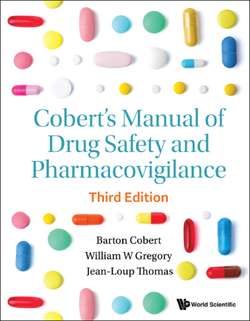Читать книгу Cobert's Manual Of Drug Safety And Pharmacovigilance (Third Edition) - William Gregory - Страница 60
На сайте Литреса книга снята с продажи.
Adaptive Clinical Trials
ОглавлениеAn emerging methodology in clinical trial design is being used more frequently. This methodology is referred to as “adaptive clinical trials”. They have been used for some years in phase I in sequential dose tolerance studies in which three or four subjects are treated with a fixed dose. If well tolerated, another three subjects are then treated with a higher dose, and so on until a toxicity occurs that precludes further dose escalations. Many different methodologies have been developed, all of which have in common the use of the early data to determine what changes to make (to adapt) in the next subjects being treated in that trial.
Bayesian techniques are used to determine how the trial will be adapted. The goals of these trials are to obtain efficacy information and minimize toxicity by eliminating cohorts or treatments that do not work or are toxic. When successful, efficacy information can be obtained more rapidly and with fewer subjects or cohorts. In terms of safety, however, fewer subjects will be exposed to different treatments or doses (as the unsuccessful ones are rapidly abandoned). If this means that efficacy is determined with fewer subjects treated, a clear upside, the number of subjects examined for AEs will drop and the infrequent AEs will be less likely to be found, a clear downside. This design is particularly applicable for the study of new therapies to treat life-threatening disease where there are few existing treatment options. How this methodology, which the health agencies support in general plays out in terms of safety remains to be seen.
